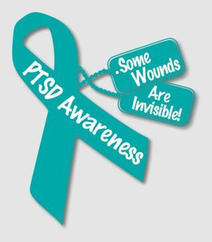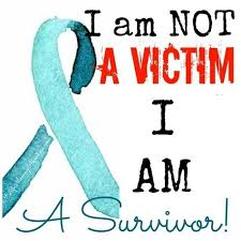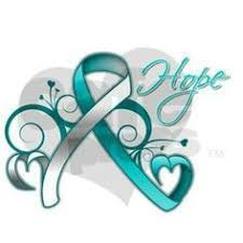We want you to know you are truly cared for and honored. You are never alone in your suffering.
There are many people and organizations out there to help you and we would like to help you find them.
There are many people and organizations out there to help you and we would like to help you find them.
|
|
|


